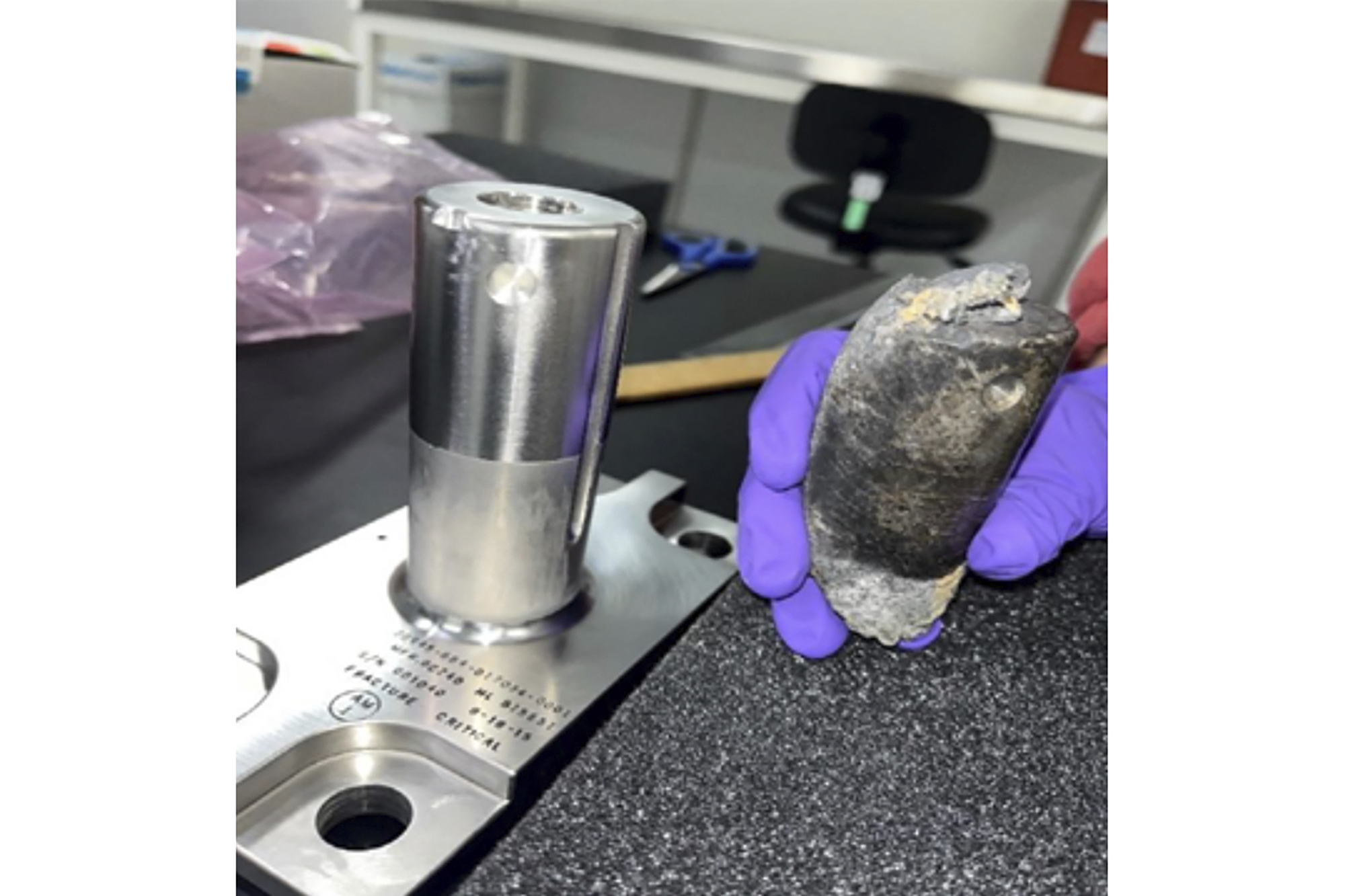President Bashar Assad took an enormous gamble if his forces were behind the chemical weapons attack that killed dozens in northern Syria: committing an overt war crime just as the Trump administration and most Western leaders had made clear they are no longer seeking his immediate removal.
Although Assad can count on the backing of his top allies, Russia and Iran, the attack has revived international outrage at a time when U.S. President Donald Trump is still formulating his policy on Syria.
So why do it? Especially when Syrian government troops have the upper hand in the 6-year-old civil war?
There is a military rationale, as well as a political one, analysts say.
Politically, Assad may have been emboldened to act to crush his opponents, thinking he could do so with impunity after recent statements from Washington, along with Trump's inclination to align with Russia.
On a visit to Turkey last week, Secretary of State Rex Tillerson said Assad's future was up to the Syrian people to decide, while Nikki Haley, the American ambassador to the United Nations, said the United States isn't ruling out cooperation with Assad to defeat the Islamic State group.
Militarily, Tuesday's attack took place in an area of Idlib province where rebels recently launched a heavy offensive against government troops. The assault brought insurgents to within miles of the key, government-held city of Hama. Khan Sheikhoun, the town targeted by Tuesday's attack, is right up the road from Hama, and although Syrian forces have since launched a counter-offensive and regained some ground, there is a clear government incentive to rid the area of insurgents.
U.S. & World
"These weapons are frightening and disorienting to the targeted populations, and they also highlight to the local population and the rebels that there is no international limitation on regime behavior and that resistance is therefore futile," said Faysal Itani, a senior fellow with the Atlantic Council's Rafik Hariri Center for the Middle East.
Still, a chemical weapons attack of this magnitude carries significant risk.
The images of lifeless children and others gasping for breath were reminiscent of the 2013 attack near Damascus that killed hundreds of civilians, and triggered a blitz of denunciations by world leaders and organizations, who urged the U.S. to commit to a Syria solution.
Trump's condemnation of Tuesday's attack has been surprisingly strong, even if he did not give any clear indication about how the U.S. might respond.
On Wednesday, Trump denounced the attack as an "affront to humanity" and blamed Assad, saying it "cannot be tolerated." At the U.N., Haley threatened unilateral U.S. action if the world body failed to act.
Although Trump has not drawn a public "red line" concerning chemical weapons as his predecessor did — and he spoke out against military action against Assad before his presidency — such an atrocity may prove embarrassing enough for him to change course, or take stronger action to prove he's tougher than Barack Obama, whose "weakness" after the 2013 chemical attack Trump also blamed for Tuesday's assault.
The attack has caused sparring between the U.S. and Russia over who was responsible.
The Syrian government has strongly denied involvement, accusing the opposition of trying to frame it to make up for military losses on the ground. The Russian Defense Ministry said a Syrian government airstrike hit a rebel chemical weapons factory, causing the disaster.
Part of the equation, for any perpetrator, is the difficulty of proving anything in the aftermath of such attacks, largely due to the lack of immediate access. And, in the complex terrain of opposition-held northern Syria, which is closed off to investigators and journalists, various scenarios cannot be completely discounted.
A Syrian lawmaker, Omar Osse, suggested Wednesday that the attack on Khan Sheikhoun was "fabricated" to abort the recent change in U.S. policies toward Syria.
Assad may be betting on further deniability by striking in an area where extremists hold sway, further casting a cloud of confusion on the attack. Idlib province, which is packed with rebels and civilians alike, is dominated by the al-Qaida group.
Some analysts suggested Assad may be signaling he wants quicker action to end the war on his own terms.
"Rather than making concessions or political gestures, the regime is further raising the stakes and the political cost for the West of not cooperating," said Jihad Yazigi, editor-in-chief of The Syria Report.
Assad, he wrote in an op-ed Wednesday, knows he is unlikely to pay a major price for Tuesday's attack.
"Since former U.S. President Barack Obama's 'green light' in September 2013, Assad knows that a large-scale attack against its civilians is a short-term public relations liability but a long-term political asset," he said.



